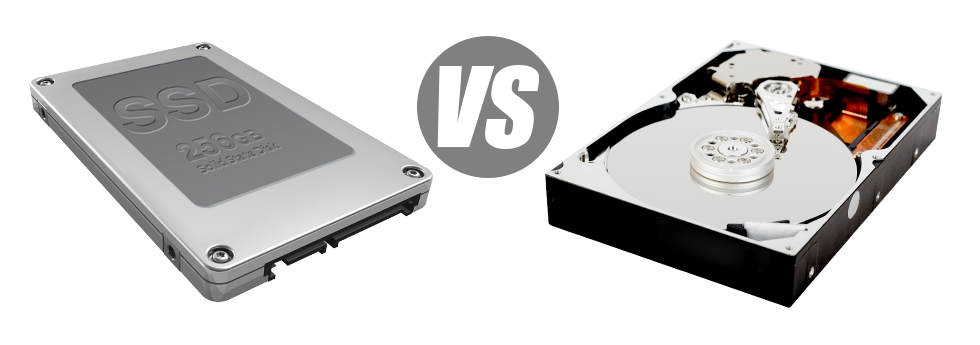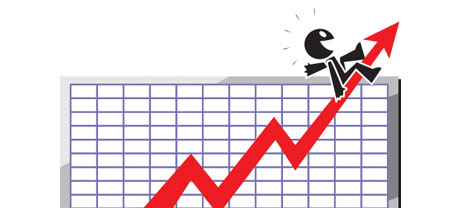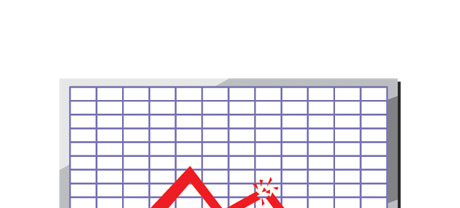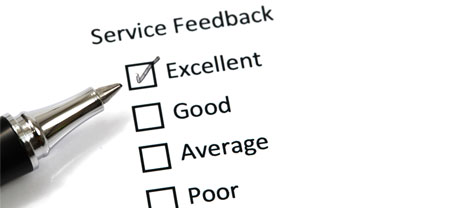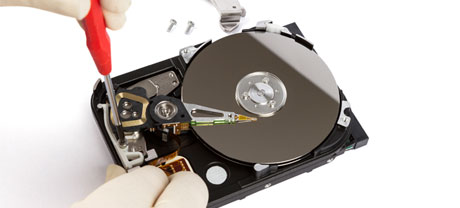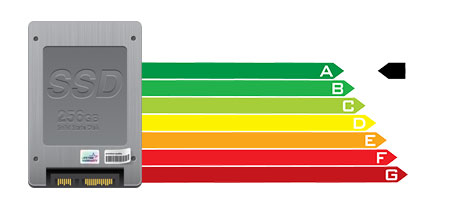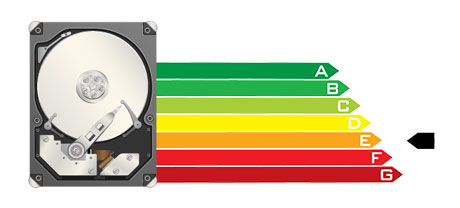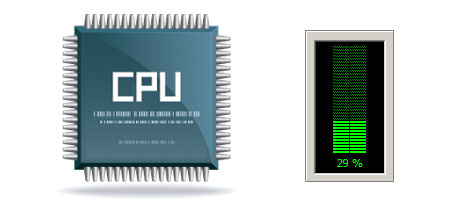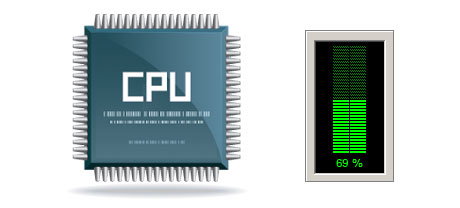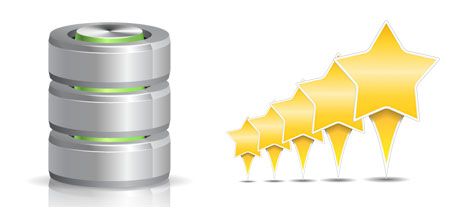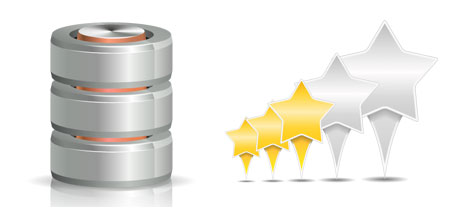At present, pretty much all completely new computer systems contain SSD drives as an alternative to HDD drives. You will see superlatives about them all over the professional press – that they are quicker and operate far better and they are actually the future of desktop computer and laptop computer production.
Then again, how do SSDs stand up in the hosting world? Could they be efficient enough to replace the proved HDDs? At MygoodHosting, we’ll make it easier to far better see the dissimilarities among an SSD and an HDD and choose which one most closely fits you needs.
1. Access Time
SSD drives present a completely new & ground breaking method of data storage in accordance with the usage of electronic interfaces as an alternative to just about any moving components and turning disks. This completely new technology is faster, enabling a 0.1 millisecond file accessibility time.
HDD drives continue to utilize the same fundamental data file access concept which was initially created in the 1950s. Although it was significantly enhanced ever since, it’s sluggish as compared to what SSDs will provide. HDD drives’ file access speed can vary somewhere between 5 and 8 milliseconds.
2. Random I/O Performance
The random I/O performance is crucial for the performance of any data storage device. We’ve conducted substantial exams and have determined that an SSD can handle a minimum of 6000 IO’s per second.
Having an HDD drive, the I/O performance steadily raises the more you apply the hard drive. However, right after it actually reaches a certain limitation, it can’t go speedier. And because of the now–old technology, that I/O cap is significantly less than what you might receive having an SSD.
HDD can only go so far as 400 IO’s per second.
3. Reliability
SSD drives don’t have any kind of moving components, which means that there’s a lesser amount of machinery included. And the less literally moving elements you’ll find, the fewer the likelihood of failure can be.
The typical rate of failure of any SSD drive is 0.5%.
Since we have previously mentioned, HDD drives rely upon spinning disks. And anything that makes use of a large number of moving elements for extented periods of time is prone to failing.
HDD drives’ typical rate of failing ranges between 2% and 5%.
4. Energy Conservation
SSDs lack moving parts and need not much cooling energy. Additionally, they need very little energy to work – trials have indicated they can be operated by a standard AA battery.
As a whole, SSDs use up between 2 and 5 watts.
HDD drives are renowned for staying noisy. They demand a lot more electricity for chilling reasons. On a hosting server containing a lot of different HDDs running all of the time, you will need a lot of fans to keep them kept cool – this makes them a lot less energy–effective than SSD drives.
HDDs take in somewhere between 6 and 15 watts.
5. CPU Power
SSD drives allow for faster data accessibility speeds, which generally, in turn, encourage the processor to complete data file queries much quicker and then to return to additional duties.
The typical I/O hold out for SSD drives is simply 1%.
HDD drives accommodate slower access rates in comparison to SSDs do, which will result in the CPU needing to hang on, while arranging allocations for your HDD to locate and return the inquired file.
The regular I/O delay for HDD drives is just about 7%.
6.Input/Output Request Times
In real life, SSDs perform as perfectly as they managed for the duration of MygoodHosting’s tests. We ran a complete platform back–up using one of the production web servers. Throughout the backup operation, the standard service time for any I/O requests was in fact under 20 ms.
Using the same server, yet this time furnished with HDDs, the effects were totally different. The regular service time for any I/O request changed somewhere between 400 and 500 ms.
7. Backup Rates
Talking about backups and SSDs – we’ve noticed a substantual development in the back up rate since we switched to SSDs. Right now, a common server back up will take solely 6 hours.
On the flip side, on a hosting server with HDD drives, a comparable data backup will take three to four times as long to complete. A complete back up of an HDD–driven hosting server normally takes 20 to 24 hours.
If you want to automatically add to the overall performance of your web sites and not having to modify any code, an SSD–equipped website hosting solution is really a really good alternative. Check MygoodHosting’s web hosting service packages and then our VPS servers – our services highlight really fast SSD drives and can be found at good prices.
Hepsia
- Live Demo
Service guarantees
- Each one of our Virtual Private Servers is setup for you at zero cost. 99.9% network uptime. Full root access.
Compare our prices
- Check out our rates and pick the right Virtual Private Server for your active web sites. You’re able to upgrade to a more powerful VPS Hosting configuration with only a click of the mouse.
- Compare our hosting plans
Contact Us
- Contact us 24x7 by email or by employing our really–fast ticketing system. Our technicians are prepared to respond to your queries within just 60 mins.

